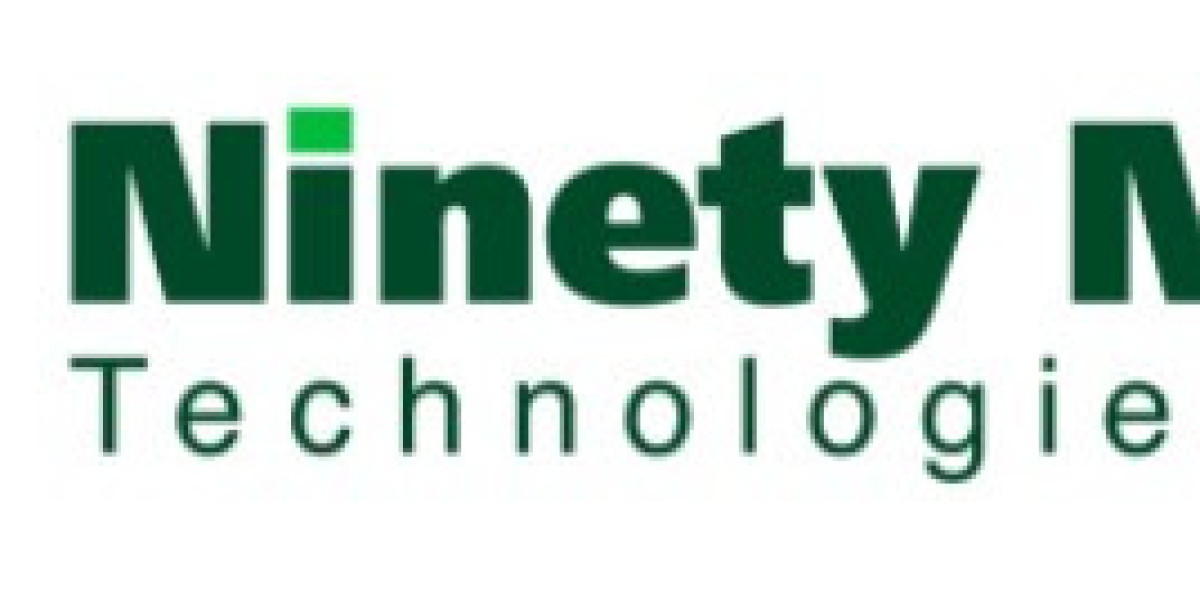Social Media Marketing (SMM) has become a cornerstone of digital marketing strategies for businesses across industries. As billions of people around the world engage with social media platforms like Facebook, Instagram, LinkedIn, Twitter, and TikTok daily, these platforms have become essential channels for reaching and engaging target audiences. Effective social media marketing allows businesses to build brand awareness, foster customer relationships, drive traffic, and generate sales.
What Is Social Media Marketing?
Social Media Marketing refers to the process of using social media platforms to promote a business, product, or service. It involves creating and sharing content on social media networks to achieve marketing and branding goals. These goals can include increasing brand recognition, improving customer engagement, driving traffic to a website, or directly boosting sales.
Key Elements of Social Media Marketing
Content Creation and Curation
Content is at the heart of social media marketing. Businesses need to create content that resonates with their audience, whether through text, images, videos, or infographics. Content should be engaging, informative, and aligned with the brand's voice and values. Curating relevant third-party content can also help provide value and keep followers engaged without always having to create something new.Social Media Advertising
Paid social media advertising enables businesses to target specific demographics, behaviors, interests, and geographic locations. Platforms like Facebook, Instagram, LinkedIn, and TikTok offer a range of advertising formats, including sponsored posts, video ads, carousel ads, and Stories. These ads allow businesses to reach a broader audience and are typically more effective in generating immediate traffic or conversions compared to organic posts.Community Engagement
Engaging with your audience is crucial for building brand loyalty and trust. Responding to comments, messages, and mentions, as well as sharing user-generated content, can help businesses create a more personal relationship with their followers. Effective community management also involves creating a sense of community around the brand, which can turn followers into loyal customers and brand advocates.Hashtags and Trends
Hashtags are a powerful tool for extending the reach of social media posts. By using popular or trending hashtags, businesses can increase their visibility and connect with broader conversations. Participating in trending topics or challenges (especially on platforms like Twitter or TikTok) also allows businesses to be part of larger cultural or industry conversations, which can lead to viral exposure.Social Media Analytics and Reporting
Analytics tools on social media platforms (such as Facebook Insights, Instagram Analytics, or Twitter Analytics) allow businesses to track the performance of their posts and ads. Metrics like reach, engagement, clicks, conversions, and follower growth provide insights into what’s working and what needs adjustment. Regular monitoring of analytics ensures that businesses can continuously refine their social media strategy for better results.
Benefits of Social Media Marketing
Enhanced Brand Visibility and Awareness
Social media platforms provide a unique opportunity to reach a vast audience quickly and organically. By consistently posting engaging content, businesses can build a strong online presence, which increases brand visibility and recognition.Direct Communication with Customers
Social media breaks down communication barriers, allowing businesses to engage in real-time conversations with their customers. This interaction can improve customer service, address concerns, gather feedback, and even build a loyal community of followers.Cost-Effective Marketing
Compared to traditional advertising methods, social media marketing is highly cost-effective. Setting up a social media account is free, and businesses can start reaching their audience without a significant initial investment. Paid advertising on social media is often more affordable than TV or print ads and can be tailored to meet specific marketing objectives.Targeted Advertising
One of the most significant advantages of social media marketing is the ability to target very specific audiences. Social media platforms have robust targeting tools that allow businesses to filter their audience based on factors such as age, location, interests, behaviors, and even job titles. This ensures that marketing efforts are reaching the right people.Increased Website Traffic and SEO
Social media posts and ads can drive significant traffic to your website. By including links in posts, businesses can lead potential customers to their site, whether to learn more about products, sign up for newsletters, or make a purchase. Social signals (likes, shares, comments) also indirectly impact search engine rankings by boosting brand visibility and authority.Real-Time Performance Monitoring
Social media platforms provide real-time data on how content is performing. Whether through organic or paid posts, businesses can track how their audience is reacting instantly. This quick feedback loop helps businesses adjust their strategies and tactics on the fly, ensuring maximum effectiveness.
Popular Social Media Platforms for Marketing
Facebook
With over 2.9 billion monthly active users, Facebook remains one of the most popular social media platforms for businesses. It offers a wide range of ad formats, detailed targeting options, and is ideal for connecting with a broad demographic. Facebook is particularly effective for businesses that want to share content, run paid campaigns, or interact with customers in a community-like setting through Groups.Instagram
Instagram is a visual-first platform, making it ideal for businesses in industries such as fashion, beauty, food, and lifestyle. Instagram's Stories, Reels, and Shopping features are valuable tools for engaging customers, promoting products, and even driving sales directly from the app.LinkedIn
LinkedIn is a powerful platform for B2B marketing. It enables businesses to connect with professionals, build thought leadership, and generate leads. Posting articles, sharing company updates, and engaging with industry groups can help businesses establish credibility and foster meaningful connections within their industry.Twitter
Twitter is known for its fast-paced, real-time communication, making it perfect for businesses looking to join or create conversations around current events or trending topics. It’s also a great platform for customer service, as companies can quickly respond to customer queries and feedback.TikTok
TikTok has become a dominant platform for creating viral content. With its short-form video format, TikTok allows businesses to engage with younger audiences in creative and entertaining ways. Brands can take advantage of challenges, trends, and influencer partnerships to generate buzz around their products or services.Pinterest
Pinterest is ideal for businesses with highly visual products, particularly in the areas of home décor, fashion, food, and DIY. Users actively use Pinterest to find inspiration, making it an excellent platform for businesses to share creative content, blog posts, and product links.
Best Practices for Social Media Marketing
Consistency is Key
Regularly posting content is essential to keep your brand top of mind for your audience. A content calendar can help you plan and schedule posts to ensure consistency and maintain an active social media presence.Understand Your Audience
Before launching any social media marketing campaign, it’s crucial to understand your target audience’s demographics, preferences, and behavior. Tailoring your content to resonate with their interests and needs will help maximize engagement.Create Engaging Content
Social media is about more than just selling products; it’s about creating value for your followers. Post a mix of content, such as informative articles, entertaining videos, behind-the-scenes insights, and user-generated content, to keep your audience engaged and connected to your brand.Use Analytics to Optimize Campaigns
Continuously monitor and analyze the performance of your social media posts and ads. Use insights to understand which content resonates with your audience, the best times to post, and what type of ads drive the most conversions. Regular optimization ensures that your campaigns stay relevant and effective.Leverage Influencers
Partnering with influencers can expand your reach and credibility. Choose influencers whose followers align with your target audience and who can authentically promote your brand.
Conclusion
Social Media Marketing has become an indispensable tool for businesses looking to thrive in the digital world. By leveraging the right platforms, creating engaging content, and interacting with customers, businesses can increase brand awareness, foster loyalty, and drive sales. As social media continues to evolve, staying ahead of trends, experimenting with new content formats, and consistently refining strategies will help businesses remain competitive and relevant in an ever-changing landscape.














